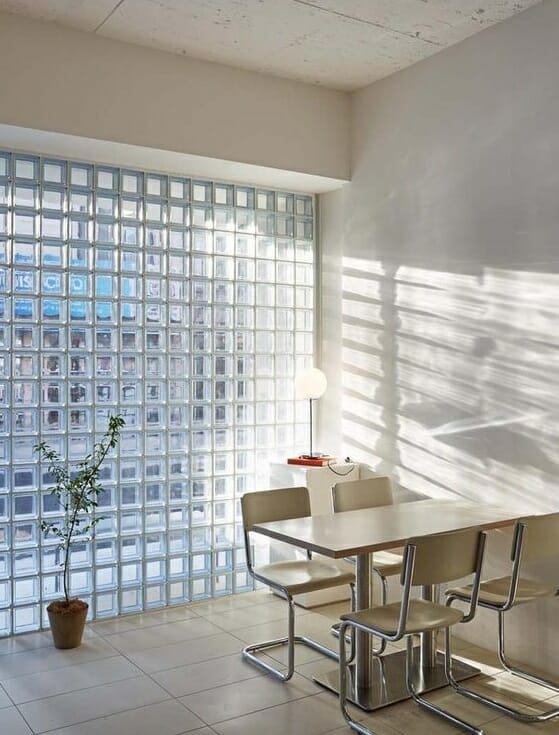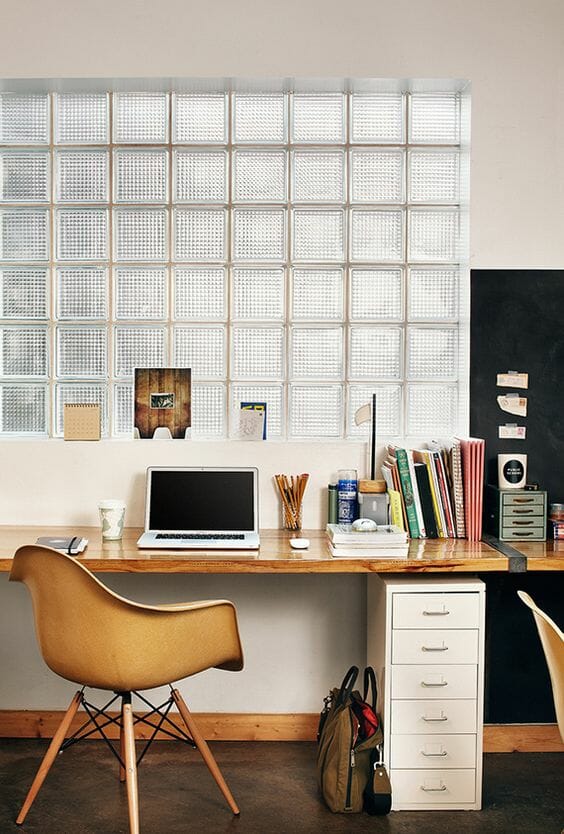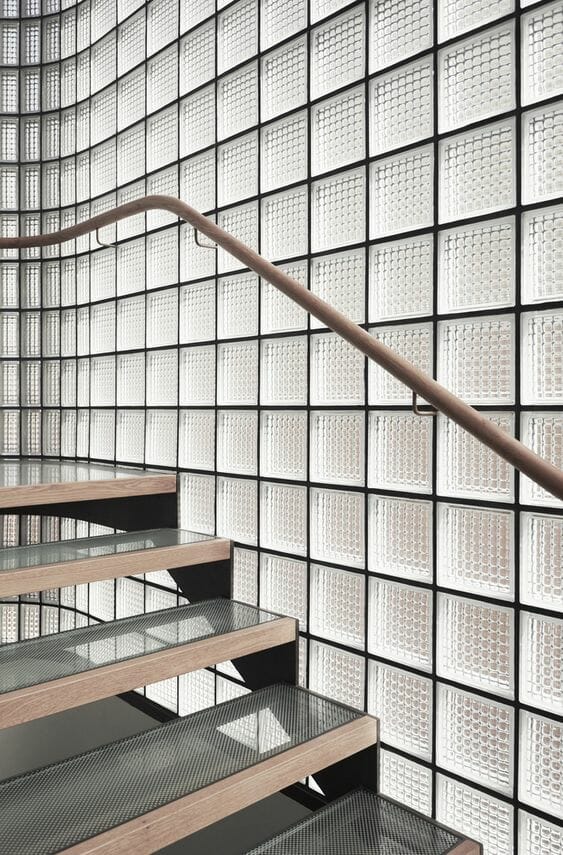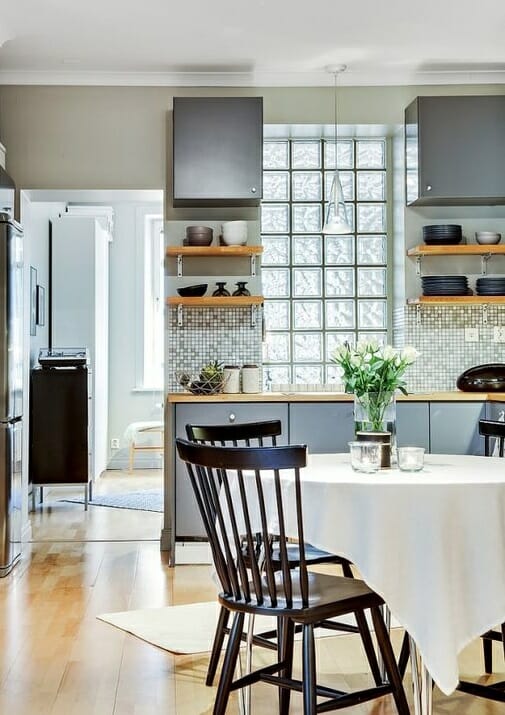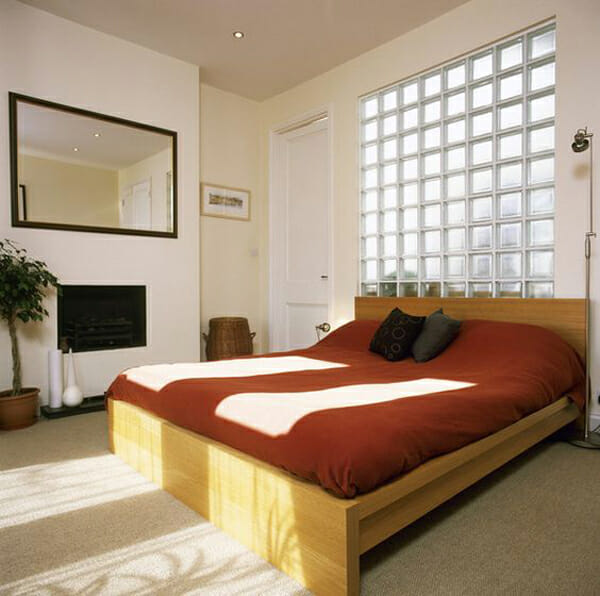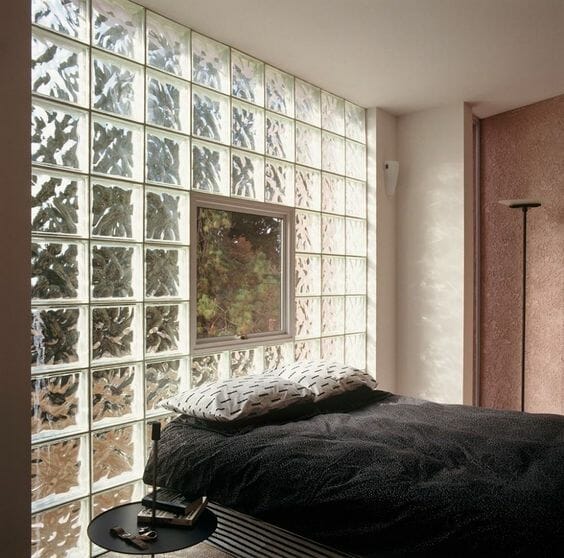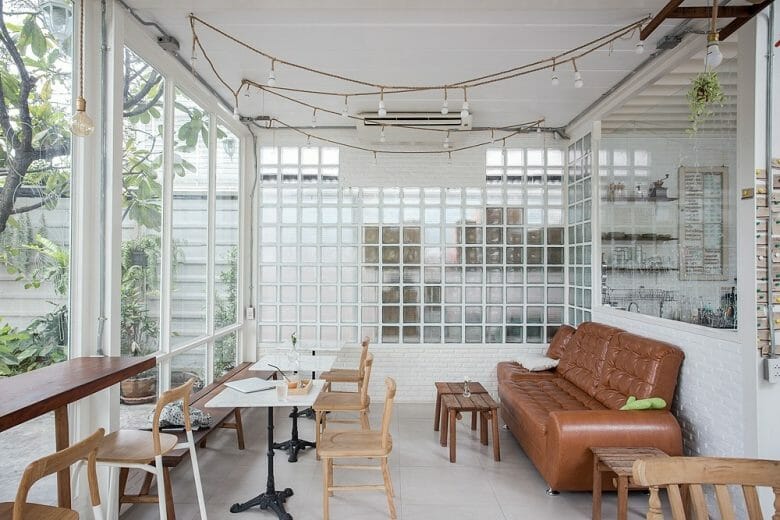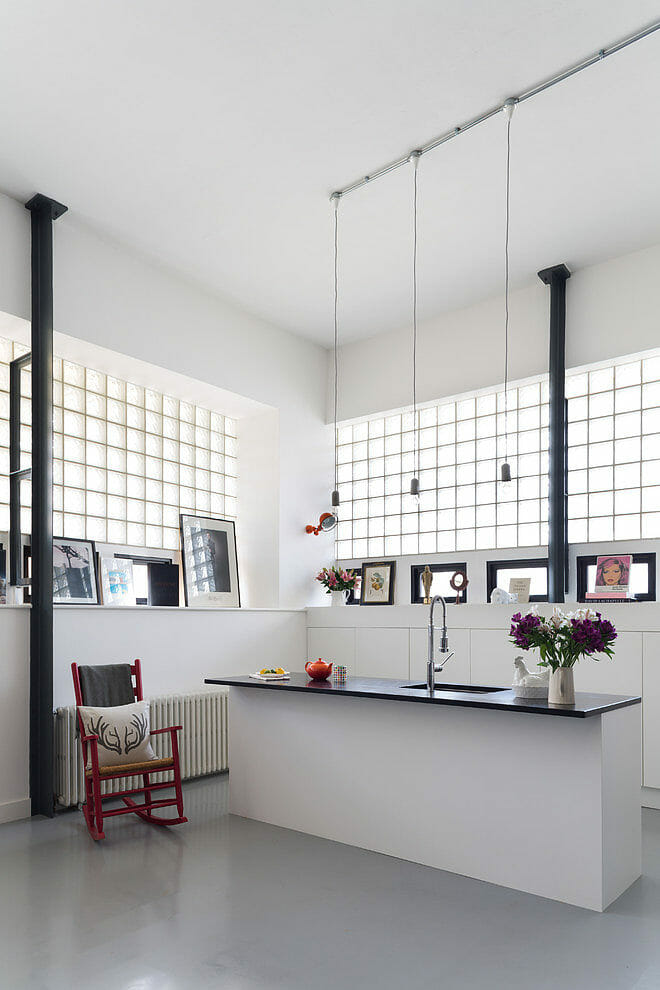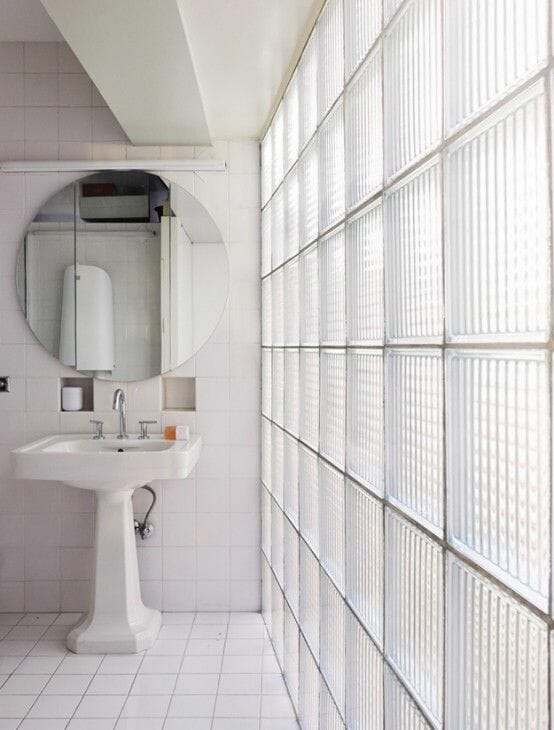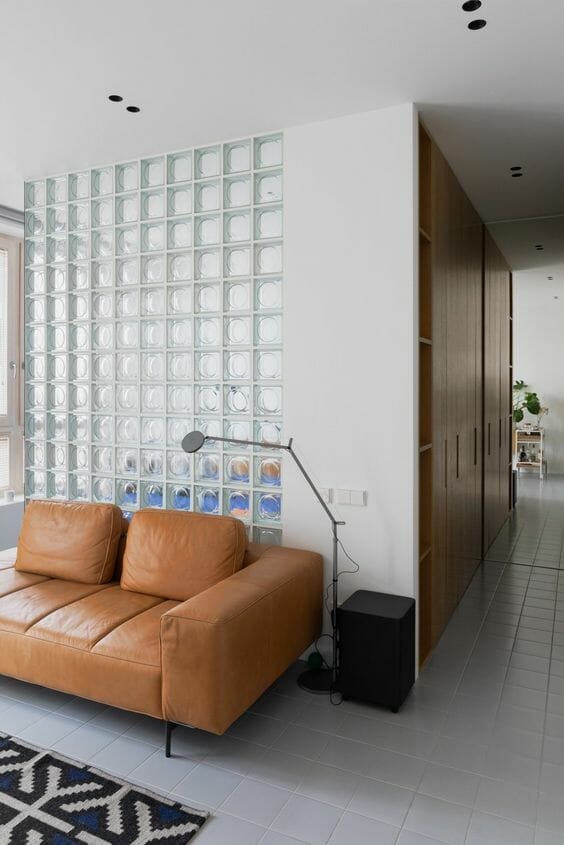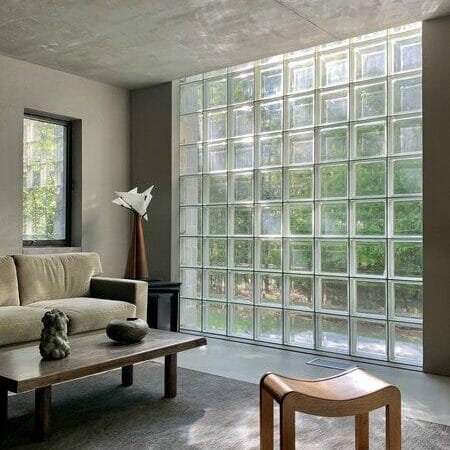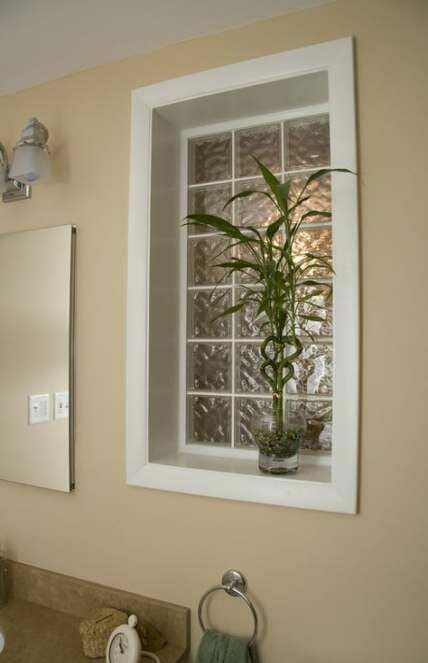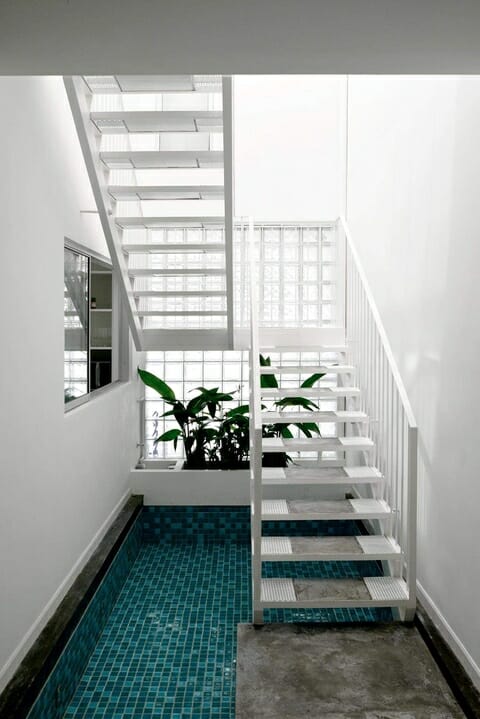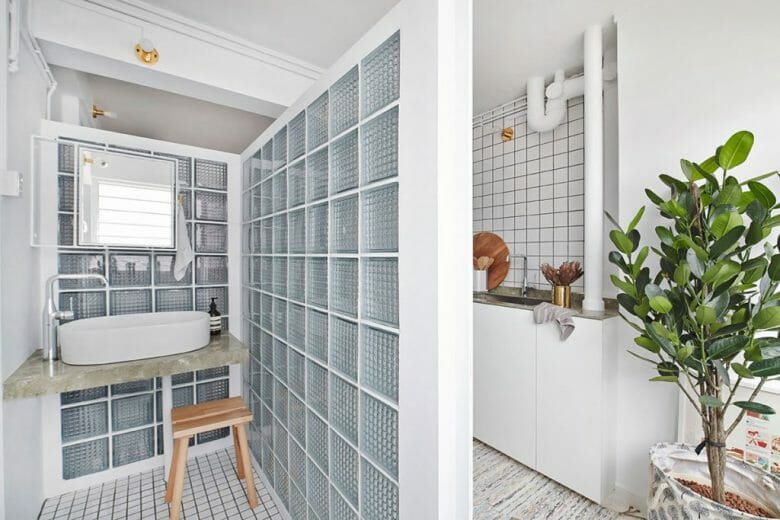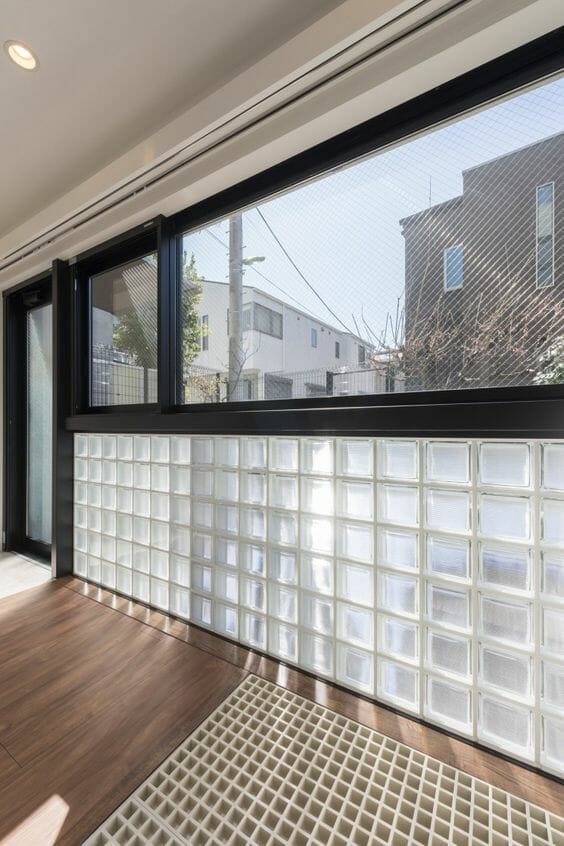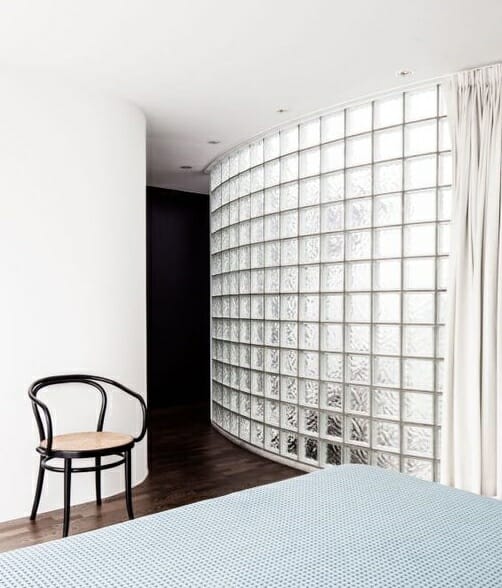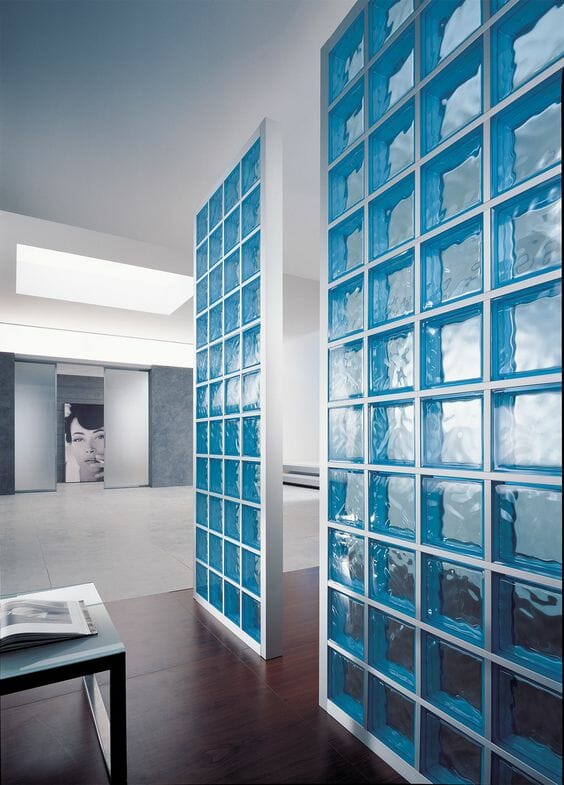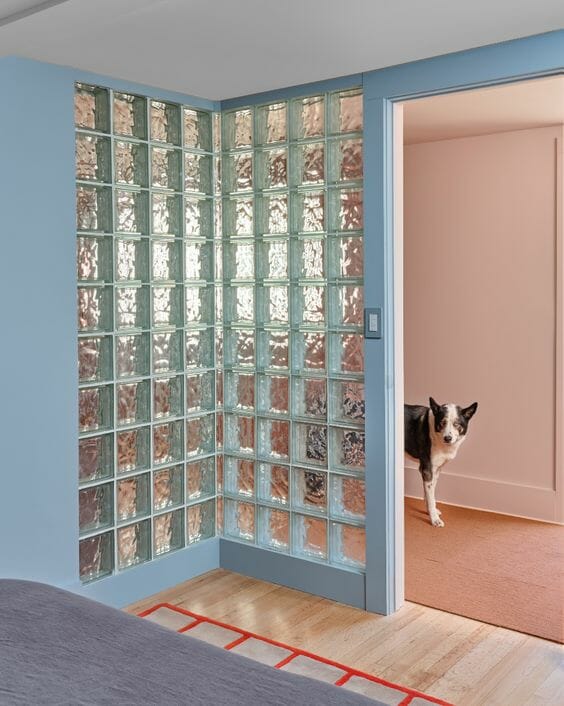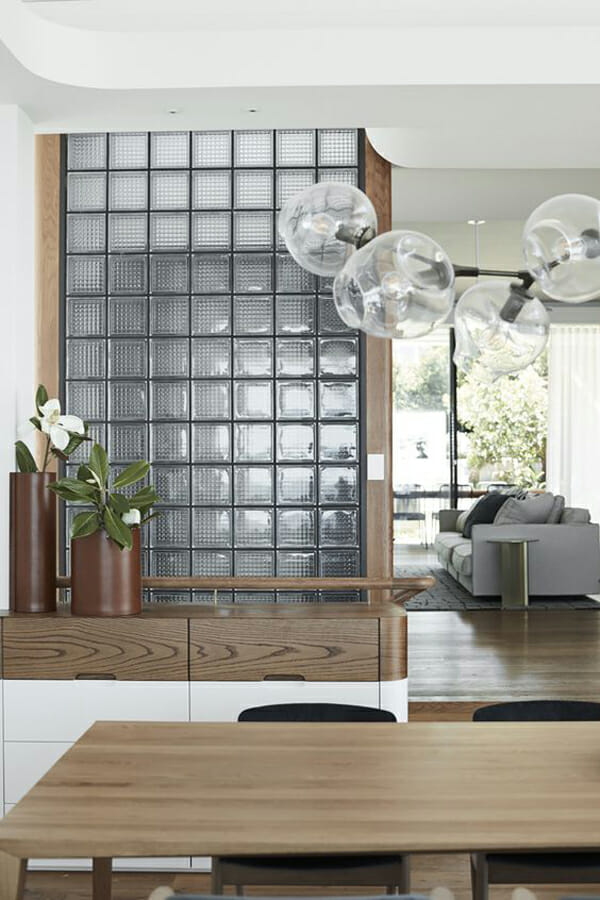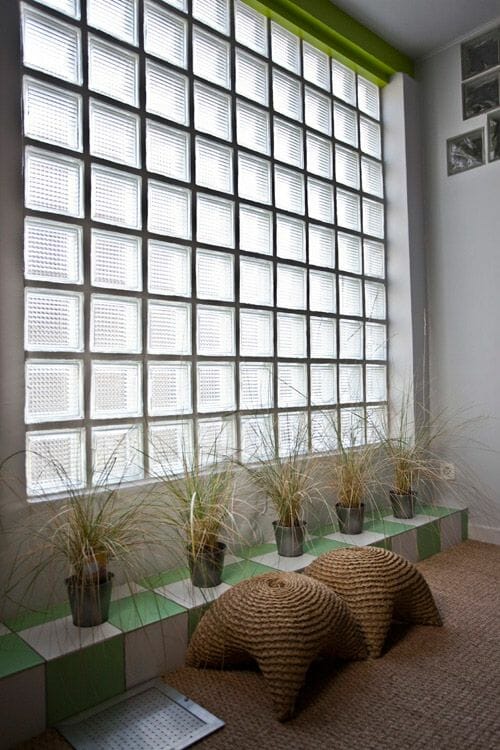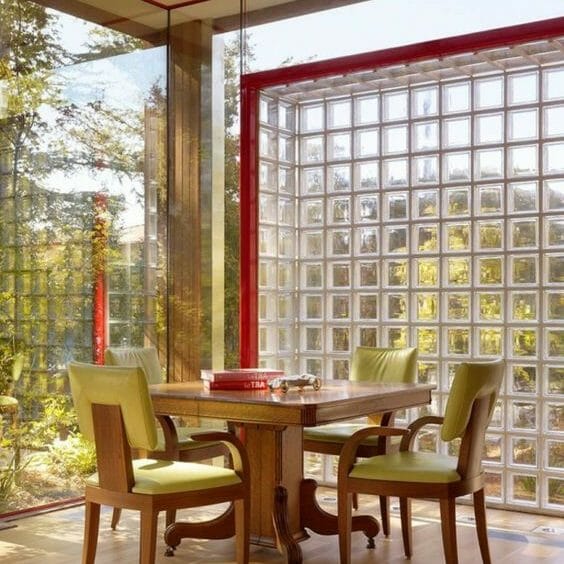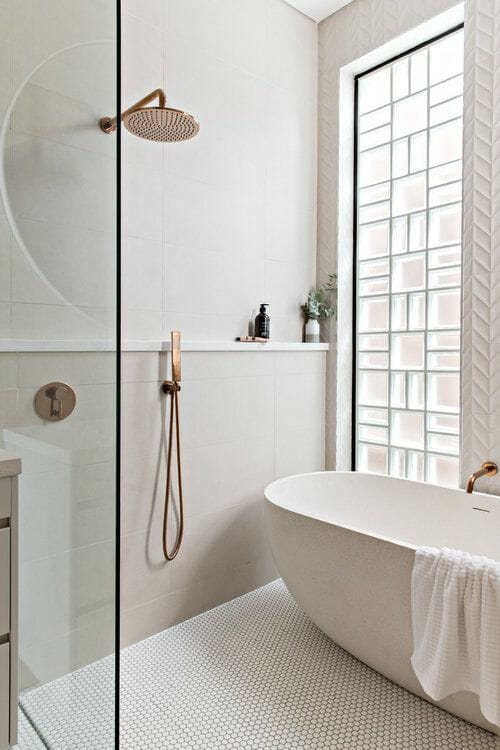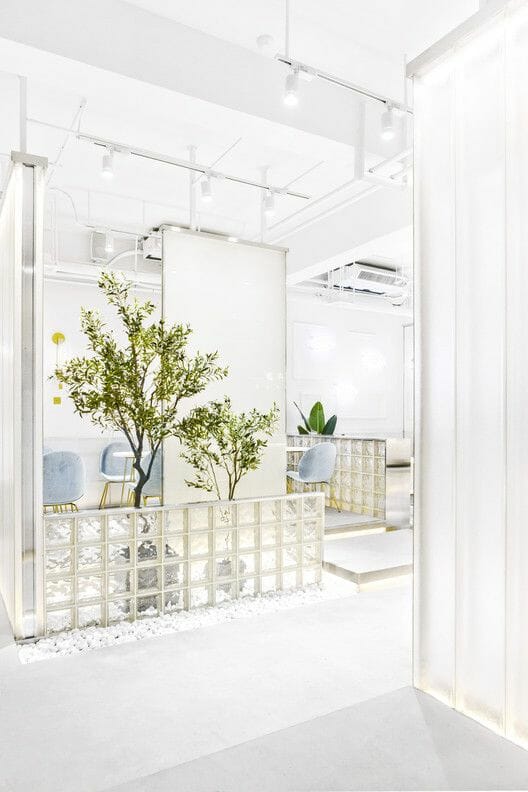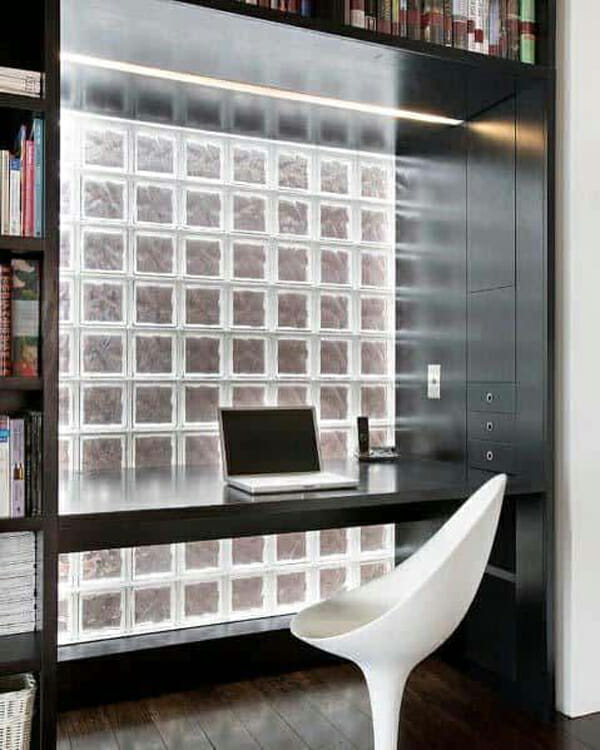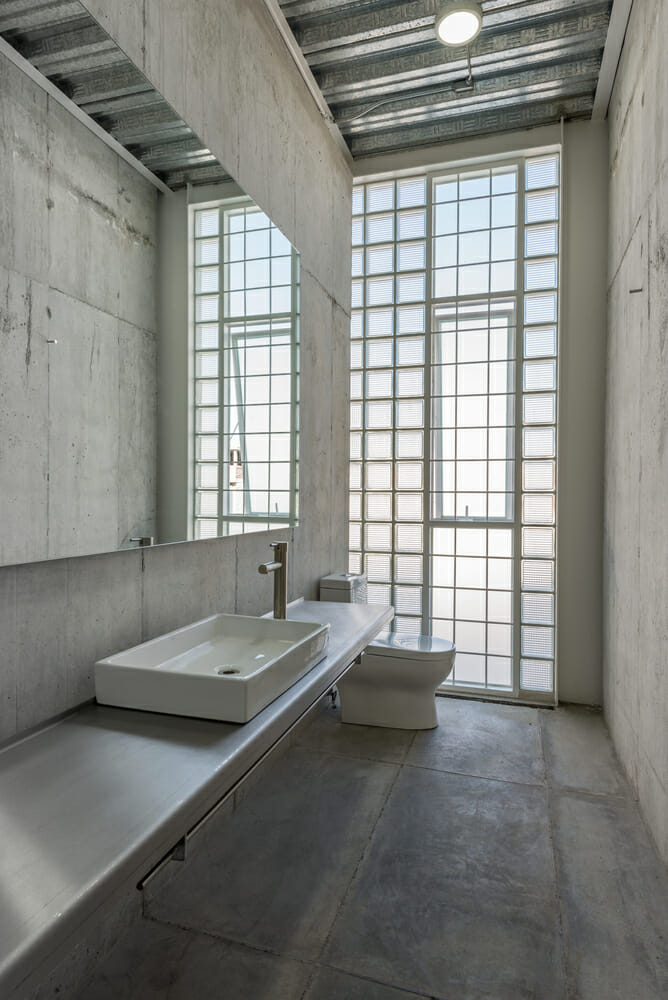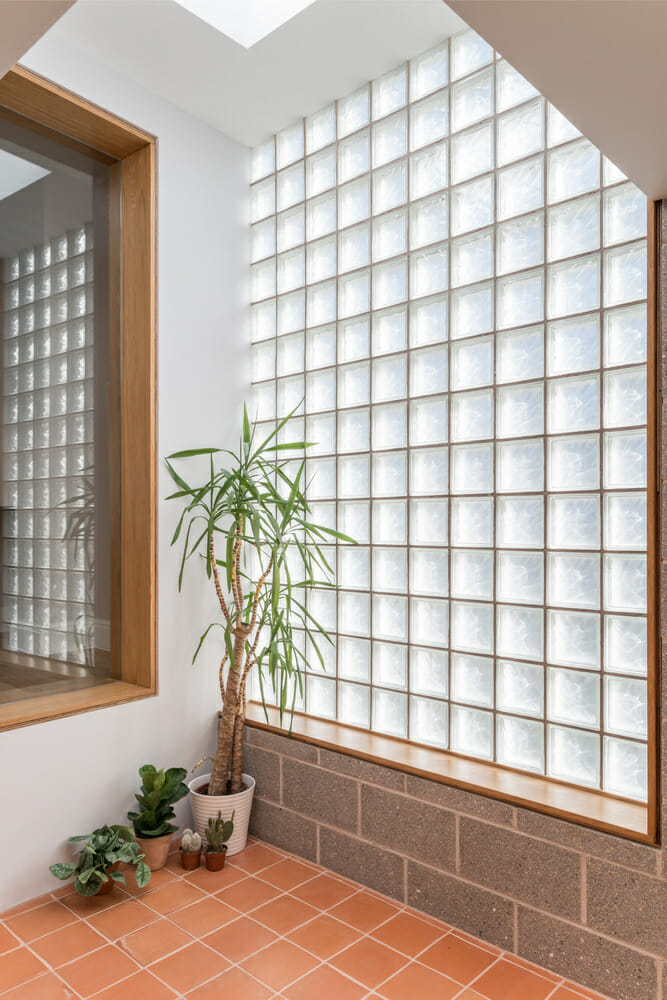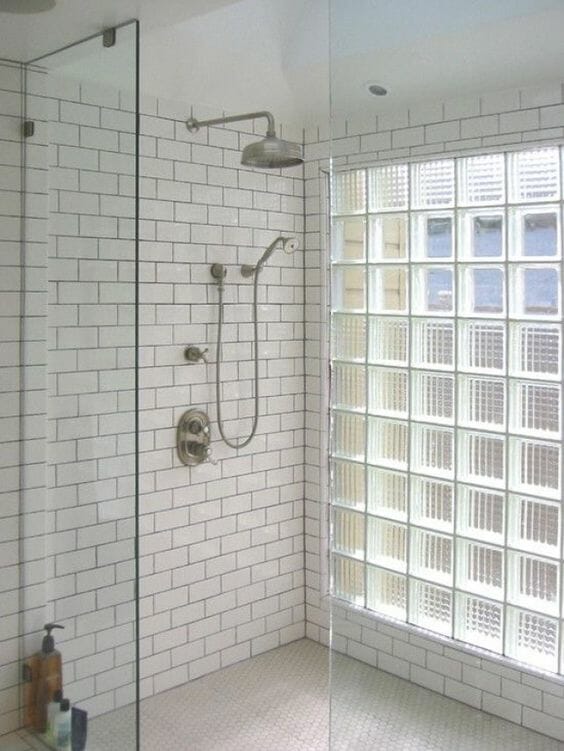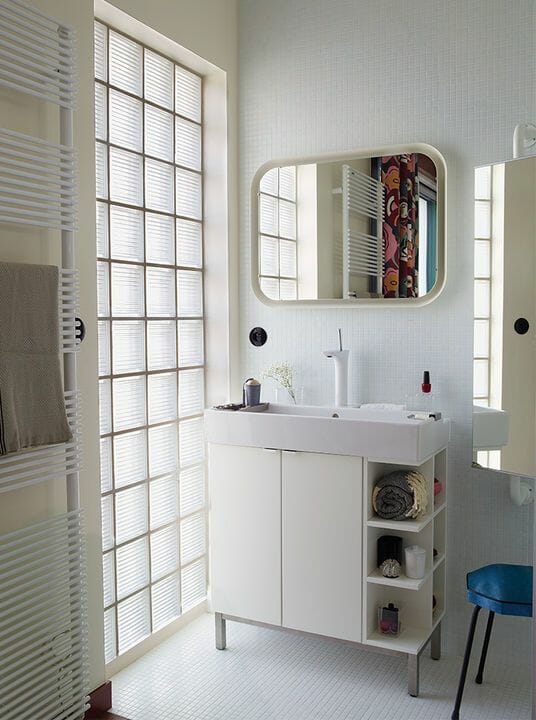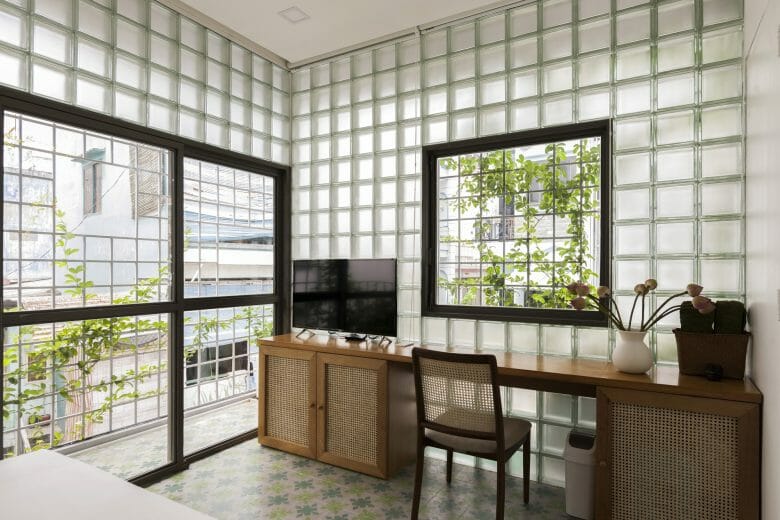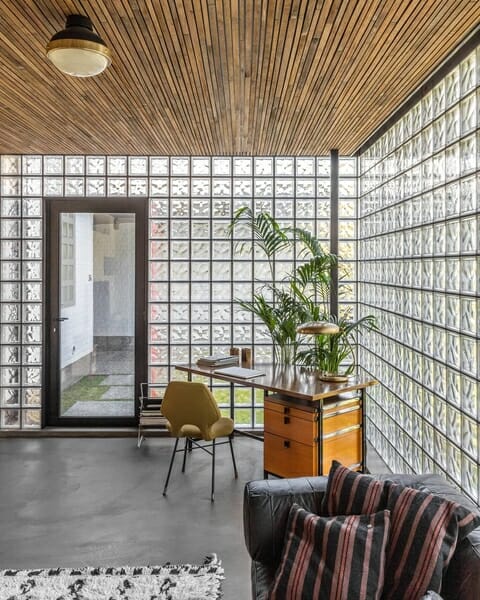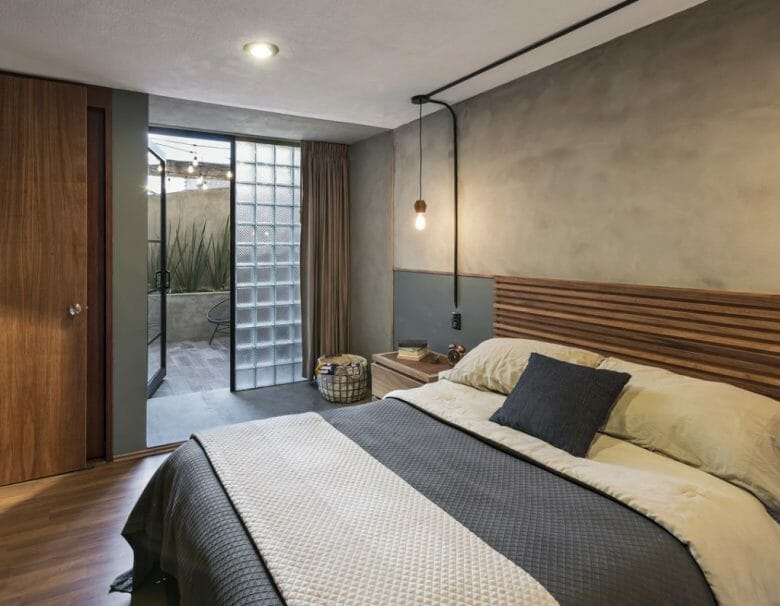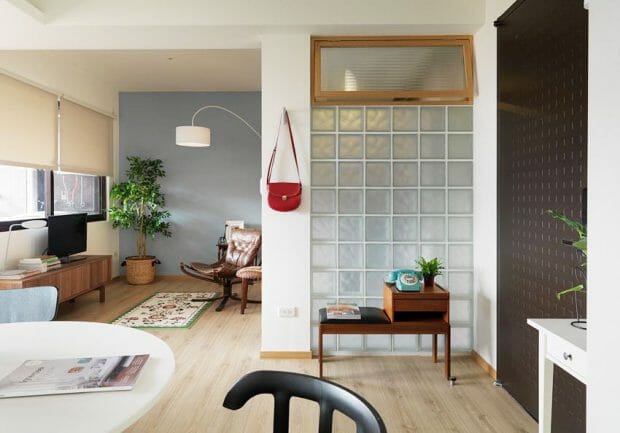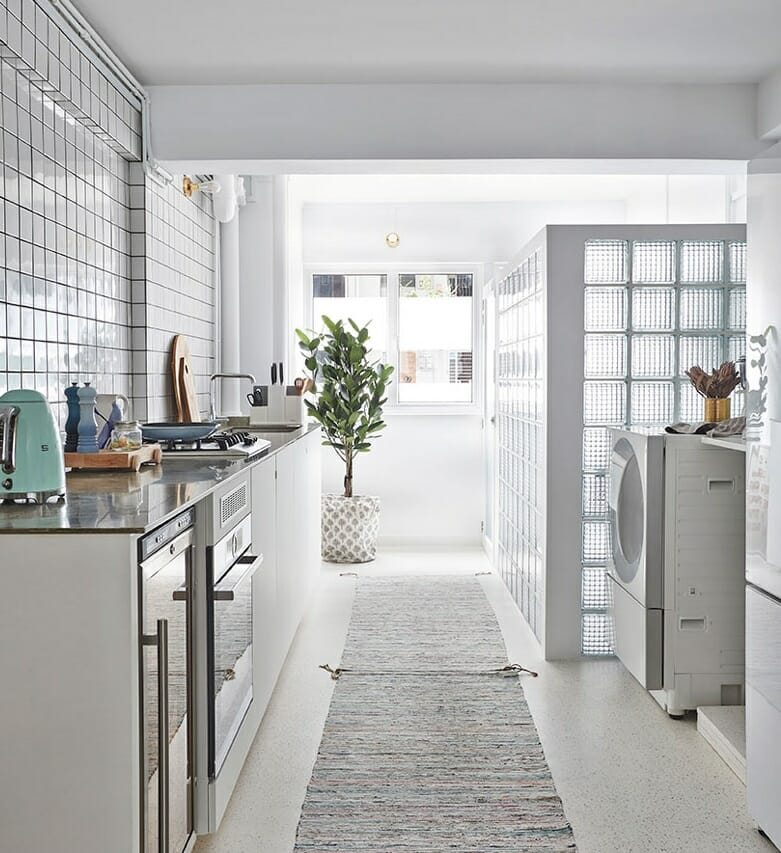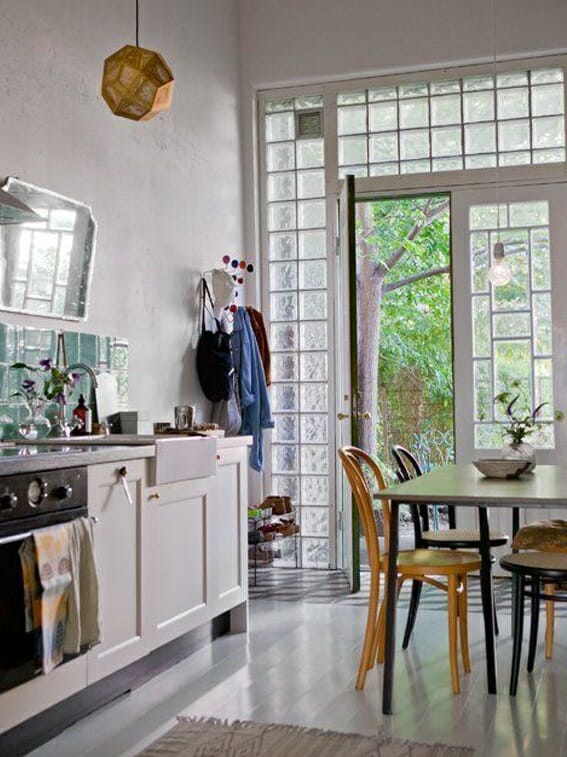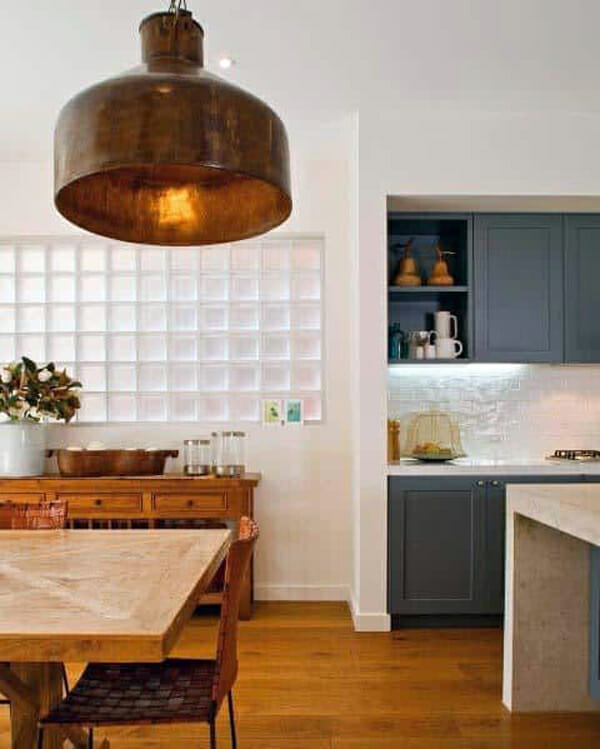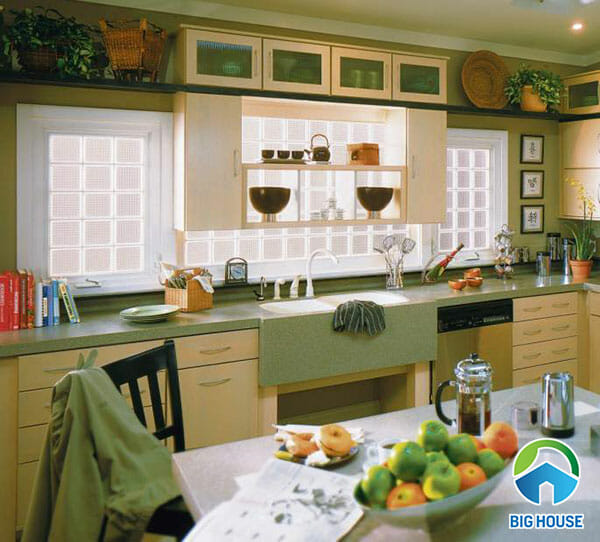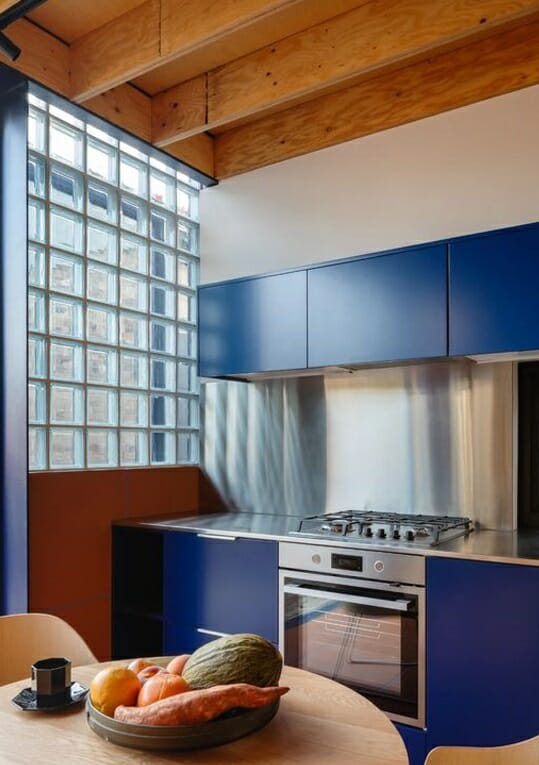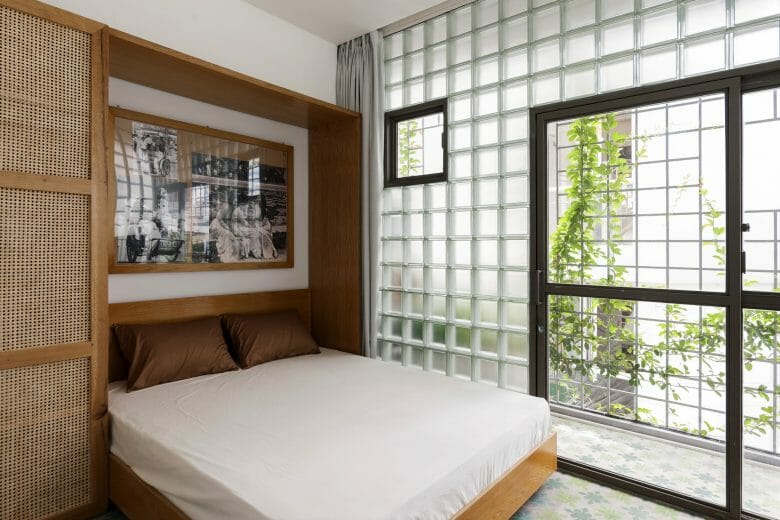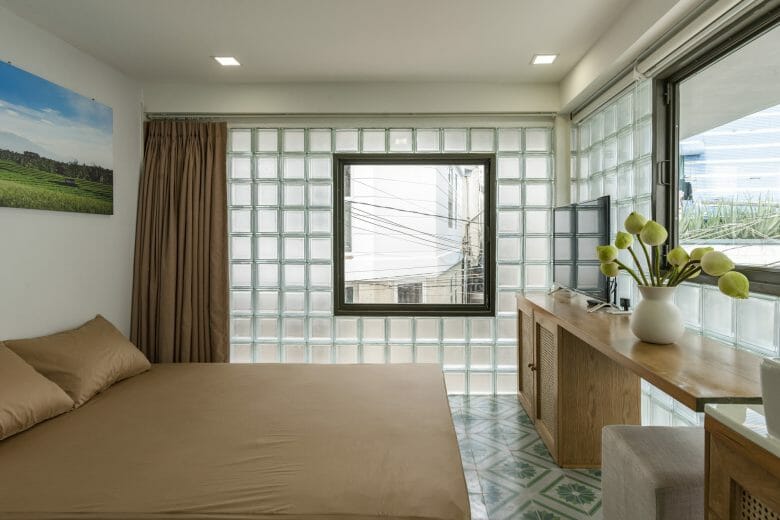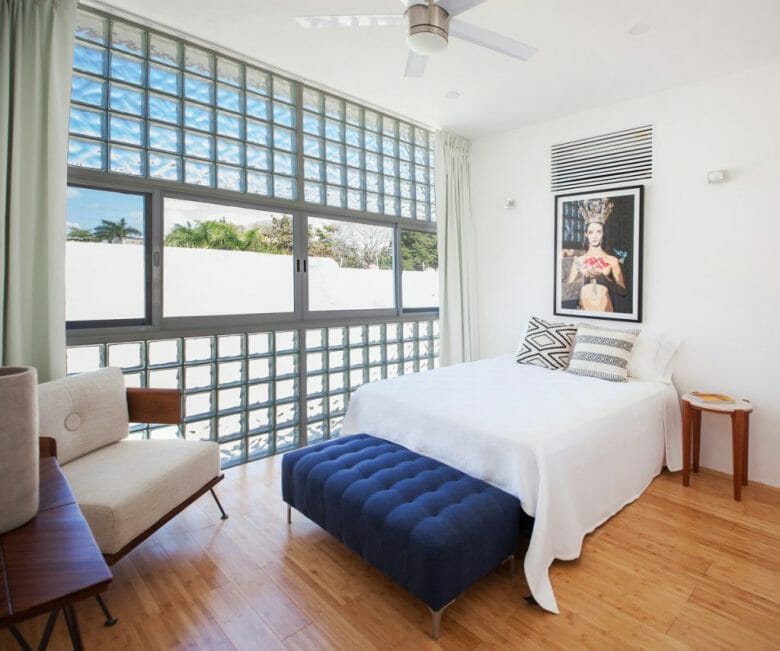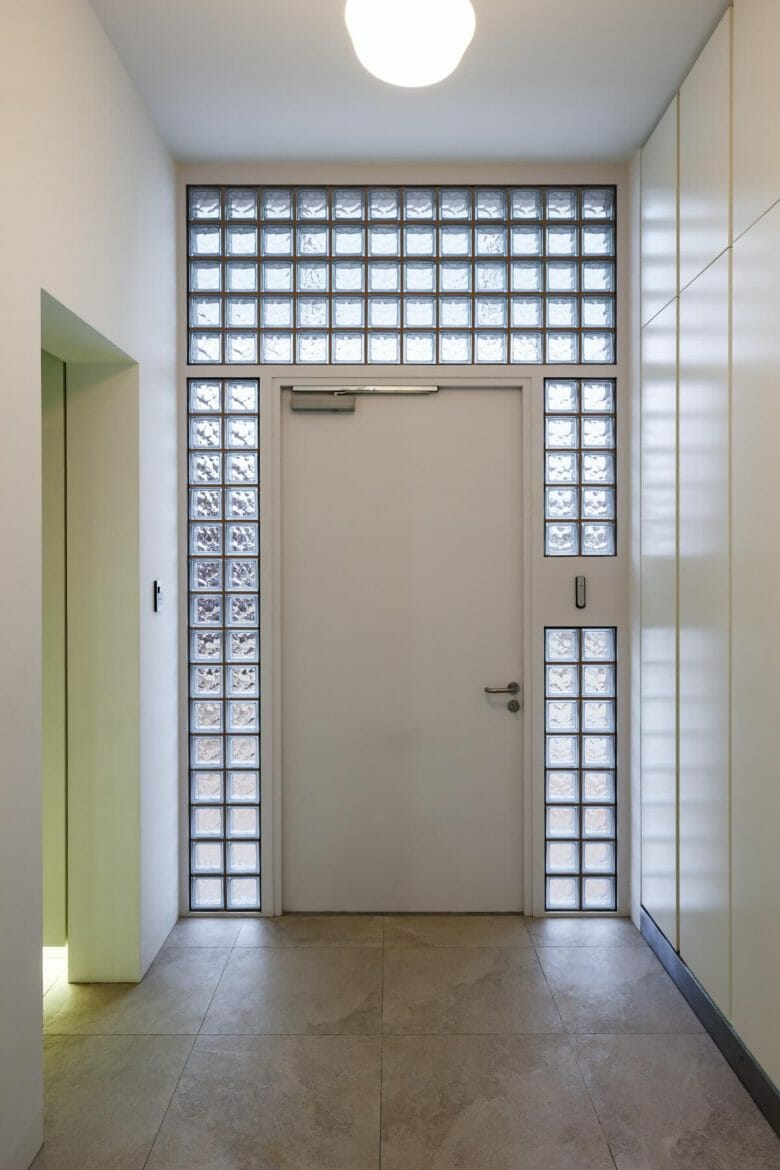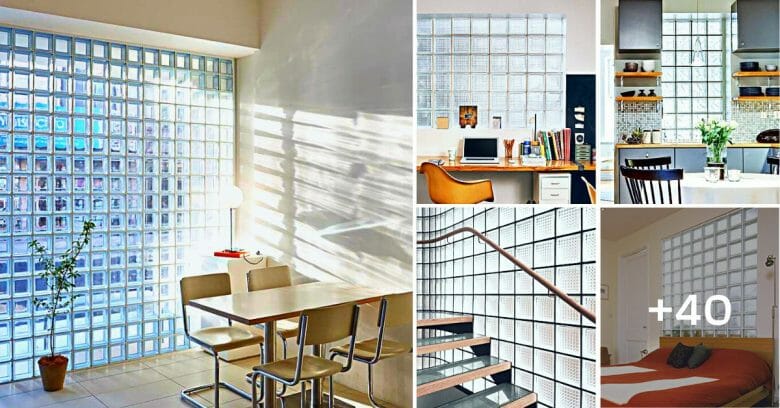
For most people, when it comes to glass block— you either love it, or you don’t. While some find this particular contract masonry unit to look clunky and outdated, many tout glass block for its versatility and inspired design potential. No matter your side on the debate, glass block has some undeniable strengths.
From shower walls to flooring to exterior walls, you can utilize glass block in countless designs.
Its versatility allows contract masonry service providers to install it in almost any setting and to almost any specification.
Glass block is unique in that it lets in light, but obstructs the view of anyone looking in from the outside, thus providing privacy to those indoors.
Furthermore, glass block acts as a deterrent to burglars. Since these contract masonry units are bonded together with cement, you can’t open them from the interior or exterior without heavy-duty tools.
In fact, when mortared together, glass blocks are almost as strong as a building’s foundation wall.
Glass block isn’t just for exterior walls and windows. You can use glass block to define entryways, separate office spaces, and much more.
Since it provides privacy while still letting light through, glass block supplies the perfect solution to dividing interior spaces while maintaining an open atmosphere.
Heat can easily pass through traditional windows, which makes them a significant cause of energy loss in most buildings. By contrast, incorporating glass block into exterior walls promotes energy efficiency and cuts down on energy costs.
This is because glass blocks act similarly to double-paned windows, providing insulation and reducing the need for additional lighting during the day.
As an added bonus, glass block is recyclable. You can reuse old glass blocks from previous projects or send them to a recycling plant where they’ll be crushed and melted into other glass products.
.
.
.
.
.
.
.
.
.
.
.
.
.
.
.
.
.
.
.
.
.
.
.
.
.
.
.
.
.
.
.
.
Credit: Pinterest, ArchDaily

